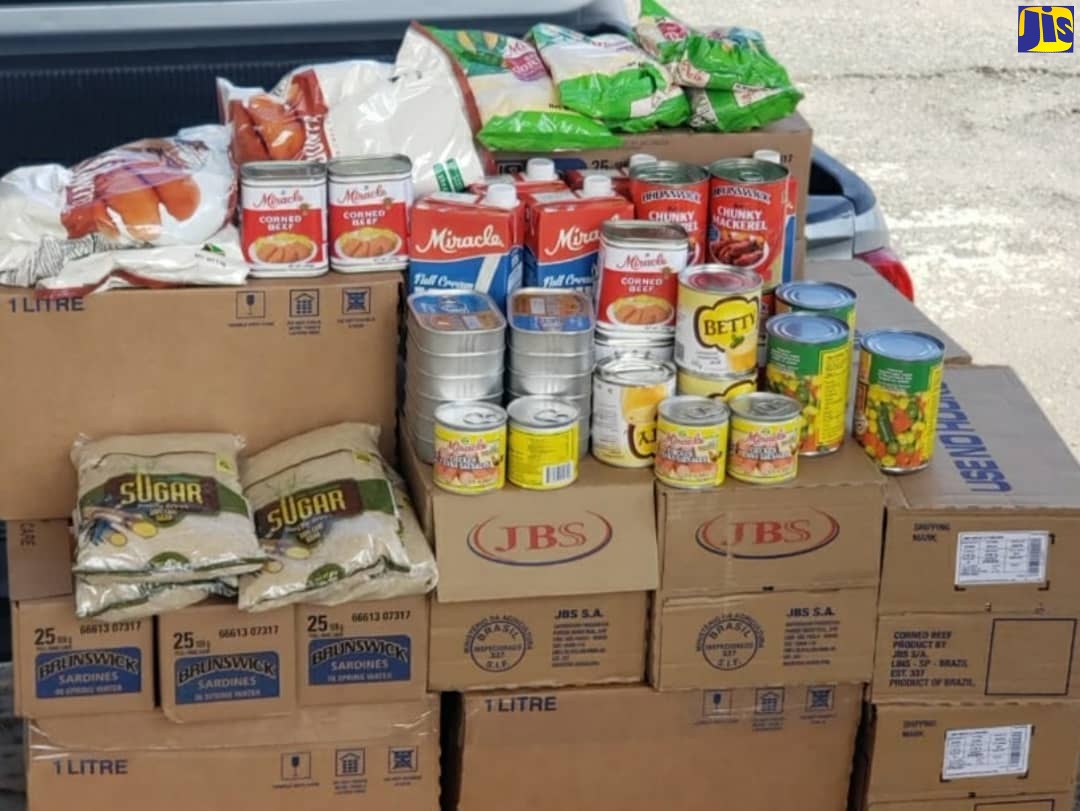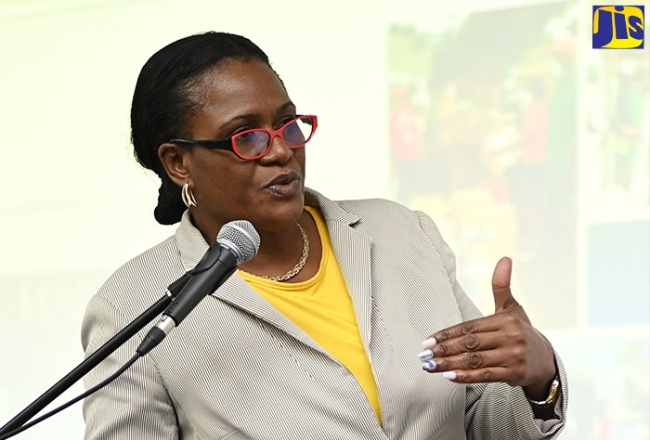Humanitarian Assistance Committee Protecting the Vulnerable During Disasters
By: , June 30, 2023The Full Story
In times of disaster, whether man-made or natural, the Humanitarian Assistance Committee (HAC) is there to help alleviate human suffering and protect the lives, livelihoods, and dignity of vulnerable persons.
The Committee is part of the country’s National Disaster Risk Management Council and is led by the Ministry of Labour and Social Security.
It responds to the needs of people affected by disaster, partnering with various entities to assist in the provision of food and relief supplies.
“We consider ourselves the movers and shakers of disaster risk management in Jamaica,” said Chairman of the HAC, Suzette Morris.
She was speaking at a recently held National Disaster Risk Management Council meeting at the Spanish Court Hotel in New Kingston.
The Committee consists of several stakeholders, including Food For the Poor, Jamaica Red Cross, the Salvation Army, Parish Disaster Coordinators, Jamaica Customs Agency, Adventist Development and Relief Agency (ADRA), among others, and activities are carried through three working groups – Food Security, Port Clearance, and Shelter.
Ms. Morris noted that the committee is always in response mode.
Citing the first weeks of the pandemic, when Prime Minister, the Most Hon. Andrew Holness, declared the entire island a disaster zone, she said “we developed the humanitarian response action plan and escalated response”.
“We also finalised the islandwide list of locations for the prepositioning of supplies,” she noted.
This was crucial, as while the Committee has a central warehouse on Marcus Garvey Drive, it does not have warehouse locations across the island.
“However, through our partnerships…we have Food For the Poor, ADRA, and even some private-sector organisations that allowed their facilities to be used for the prepositioning of relief supplies,” Ms. Morris pointed out.
She noted that, initially, the HAC provided bulk items for relief response, but with the assistance of the Jamaica Red Cross, a production facility was established to supply pre-packaged food and hygiene kits and that arrangement continues.

The Chairman noted that the HAC and its stakeholders also responded to flood events from August to November 2020, in September 2021 and, more recently, in February 2022 in St. Mary.
In addition to disaster response, the entity carries out other roles in keeping with its mandate.
These include providing oversight for the development of policies and systems and to establish, maintain, and review welfare-related plans in response to disaster risk reduction and climate-related response.
Other duties include offering strategic advice to the Council on Shelter and Welfare Issues, resource mobilisation and logistics, and supporting the design of public education material and communication strategies on welfare issues.
The Committee was instrumental in the review and finalisation of the Tsunami Response Plan, the National Relief Clearance Plan, the National Disaster Response Coordination Plan and the National Shelter Protocol guidelines.
“So, we had several meetings… to review these documents and provide our feedback,” Ms. Morris informed.
She noted that the World Food Programme (WFP) has been providing support to the HAC to strengthen its systems, and through the collaboration, the Committee was able to undertake several initiatives, including a food kit distribution to benefit 9,200 families.
The families also received cash assistance.
“As we move to automate our services and gain greater efficiencies, we piloted, during the pandemic, with the help of the WFP, our electronic disaster assessment form and for that pilot we use Open Data Kit (ODK), and we had the first phase of that pilot in Bull Bay,” Ms. Morris said.
The HAC also received training in KoboToolkit and Microsoft Excel, she noted, explaining that the kit is “one of the tools that we are trying to use to assist us with automation in terms of data collection in the field”.
Turning to development plans, Ms. Morris indicated that the Committee is crafting a humanitarian assistance policy and strategy, and a consultant was hired to draft the document.
“So, we have that draft policy and strategy. We also plan to develop and strengthen further, the public-private partnerships, and that is one of the weaknesses or the gaps that we certainly observe,” she noted.
In addition, she said that this year, the Committee is aiming to complete a comprehensive resource listing for disaster response, “so that once there is a disaster, once there’s a situation, we have a listing where we know what is available on island so that we can move resources”.
She said that the entity also plans to develop an integrated database of vulnerable families.
“[This is] another gap that we have seen. We do not have a social registry in Jamaica; we don’t have an integrated database of all the [vulnerable] families,” she pointed out.
There are also plans to implement an end-to-end logistics management system, with assistance from the WFP and Caribbean Disaster Emergency Management Agency (CDEMA).
“This will assist us in managing our inventory from the very point of delivery to the warehouse, to delivery to that last beneficiary in the field,” Ms. Morris said.


